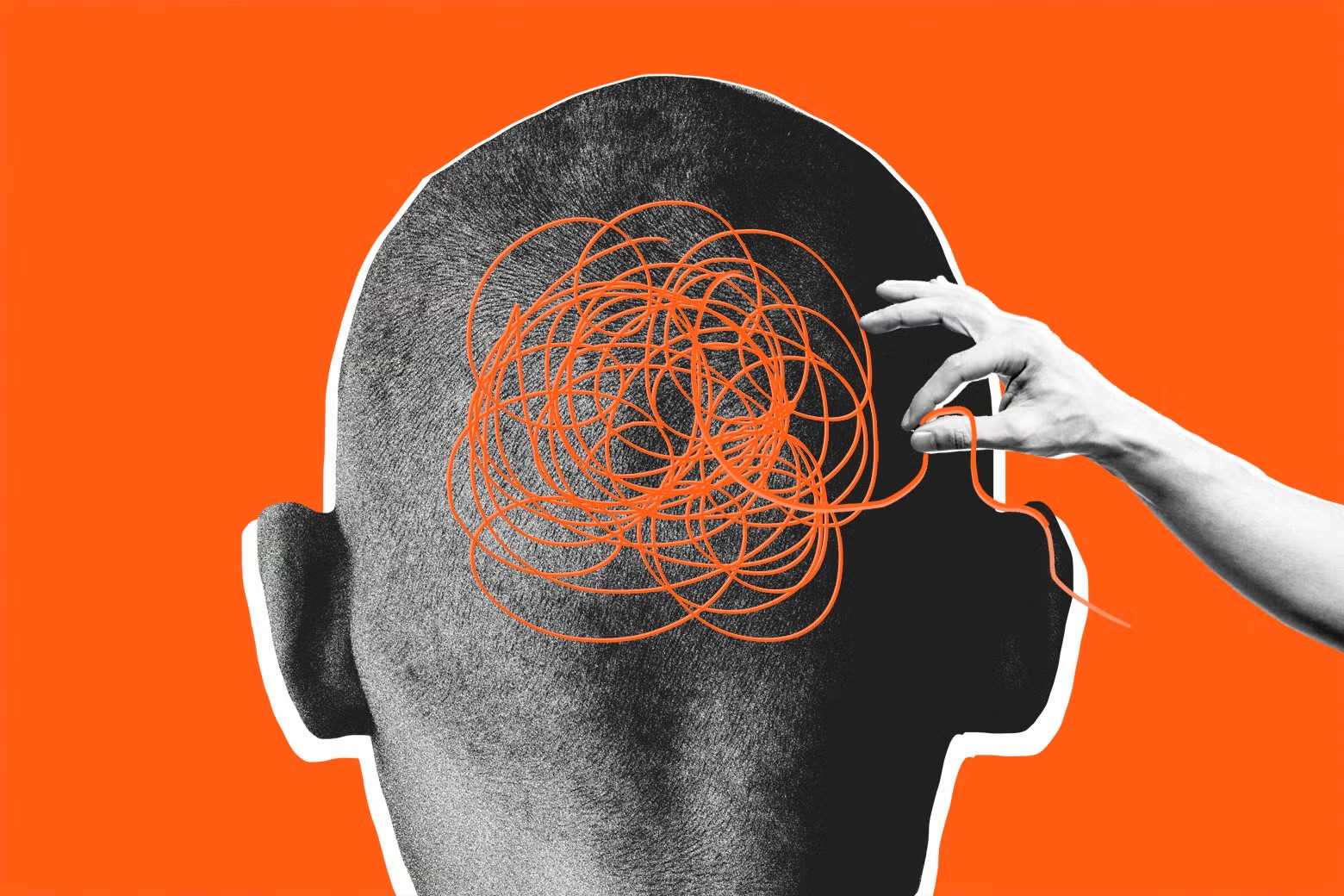
Understanding the Intricacies of Mental Health: A Comprehensive Guide
Mental health is a crucial aspect of our overall well-being, yet it remains a topic that is often misunderstood or overlooked. In recent years, there has been a growing recognition of the importance of mental health and its impact on our daily lives. This comprehensive guide aims to shed light on the intricacies of mental health, providing insights and information to help you better understand this complex subject.
What is Mental Health?
Mental health refers to our emotional, psychological, and social well-being. It affects how we think, feel, and act, influencing our ability to handle stress, relate to others, and make choices.
Mental health encompasses a broad range of conditions, from common disorders such as anxiety and depression to more severe conditions like schizophrenia. It is important to note that mental health is not static but exists on a continuum, with varying degrees of wellness and illness.
Common Mental Health Disorders
- Anxiety Disorders: Anxiety disorders are characterized by persistent and excessive worry or fear, which can significantly impact daily functioning. Examples include generalized anxiety disorder (GAD), panic disorder, and social anxiety disorder.
- Depression: Depression is a mood disorder that causes persistent feelings of sadness, loss of interest, and a lack of energy or motivation. It can affect various aspects of life, including sleep, appetite, and concentration.
- Bipolar Disorder: Bipolar disorder involves extreme mood swings, fluctuating between periods of intense highs (mania) and lows (depression). These mood shifts can disrupt relationships and impair functioning.
- Schizophrenia: Schizophrenia is a chronic and severe mental disorder characterized by distorted thinking, hallucinations, and delusions. It often leads to significant impairments in perception and social functioning.
Factors Influencing Mental Health
- Biological Factors: Genetics, brain chemistry, and hormonal imbalances can contribute to the development of mental health disorders.
- Environmental Factors: Traumatic experiences, childhood abuse, exposure to violence, or prolonged stress can increase the risk of mental health issues.
- Psychological Factors: Personality traits, coping mechanisms, and cognitive patterns can influence an individual’s mental well-being.
- Social Factors: Social support, relationships, and societal factors such as stigma or discrimination can impact mental health.
Seeking Help and Treatment Options
Recognizing the signs of mental health issues is crucial for early intervention. If you or someone you know is experiencing symptoms, it’s important to seek professional help. Treatment options vary depending on the specific disorder but can include:
- Therapy: Psychotherapy, such as cognitive-behavioral therapy (CBT), can help individuals develop coping strategies and improve their overall well-being.
- Medication: Certain mental health conditions may require medication to manage symptoms effectively. Psychiatric medication can be prescribed by a qualified healthcare professional.
- Lifestyle Changes: Engaging in regular exercise, practicing stress-reducing techniques like mindfulness or yoga, and maintaining a healthy diet can positively impact mental health.
Alternative Approaches
In addition to traditional therapies, some individuals may explore alternative approaches to mental health, such as hypnotherapy. Vancouver hypnotherapy is a technique that uses hypnosis to facilitate behavioral change and promote mental well-being.
It can help individuals address specific issues like anxiety, phobias, or smoking cessation. However, it’s important to consult with a trained and licensed professional before pursuing any alternative treatments.
Conclusion
Understanding mental health is a crucial step towards promoting well-being and reducing stigma surrounding mental illness. By gaining insight into the intricacies of mental health, we can support ourselves and others in seeking appropriate help and treatment. Remember, mental health is a journey, and with the right support, it is possible to achieve a fulfilling and balanced life.


















